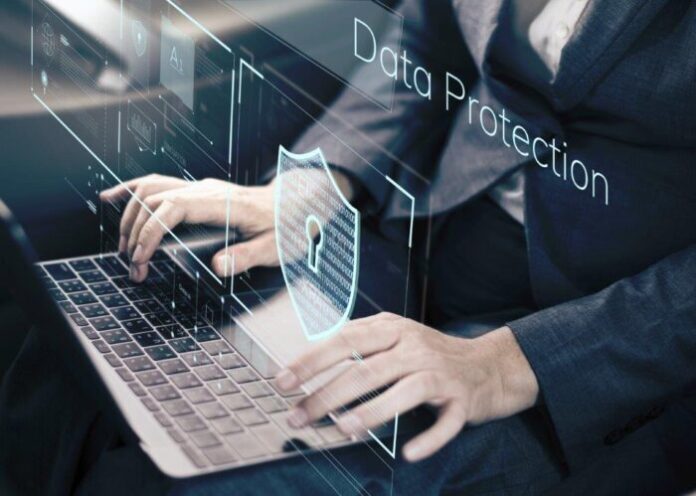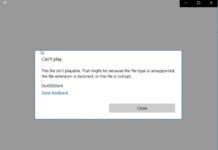There’s always been some form of worry about how our personal data is protected online. But whether it’s online banking or a quick browse on an internet browser, your networking activity is a lot more secure than you think.
Nonetheless, it’s always best to do all that you can to protect your data and personal information wherever possible. But how do you do that? Well, it all comes down to common sense and knowing what protective software you need. So let’s discuss 13 simple ways to help you feel safer online.
1. Invest In Protection Software
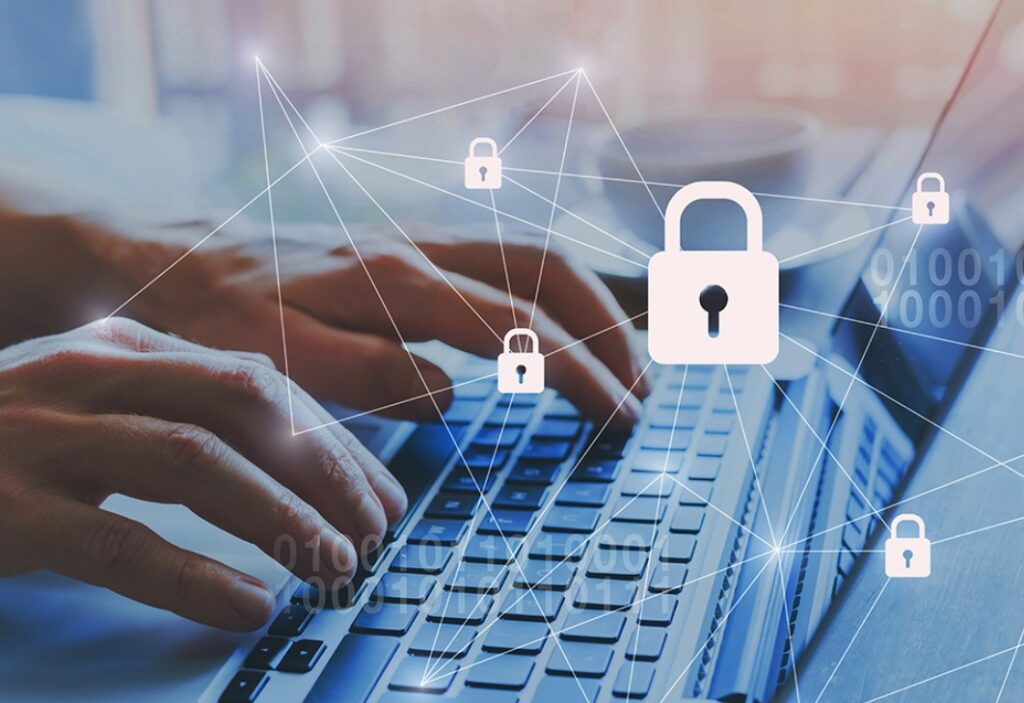
Anti-virus software is an absolute must for your personal computer. It will fend off attacking malware and dodgy encryptions, and also help minimize the risks of losing your personal files and documents.
Anti-virus software is especially important for work computers that store private customer information. Always make sure you have some form of legal data protection, whether that’s in the form of an app or an installable security tool. If you are searching for data protection, visit this website. They can guide you through and help you with all questions you may have.
2. Use Strong Unguessable Passwords
Your login details and passwords are the first line of defense against hackers. So always make sure they are strong and super unguessable. Plus, it’s also vital that you choose password combinations that are unique to the device or site account you’re using. That way hackers won’t be able to access all of your login information in one go.
3. Get a VPN

A VPN (Virtual Private Network) is a network that protects your internet connection by providing privacy and anonymity when online. This means hackers won’t be able to access any files or data sent from the device you’re using. Getting a VPN is especially important if you use public internet access often, like at a coffee shop or a cafe.
4. Clear Your Cache Often
Delete your internet browsing cache often. This is where all of your internet history and saved cookies are stored, so empty out your saved cache on a regular basis. It’s a pretty simple process, just do so in your browser settings. If you want more information about this one you can read more here.
5. Be Wary of Scam Links
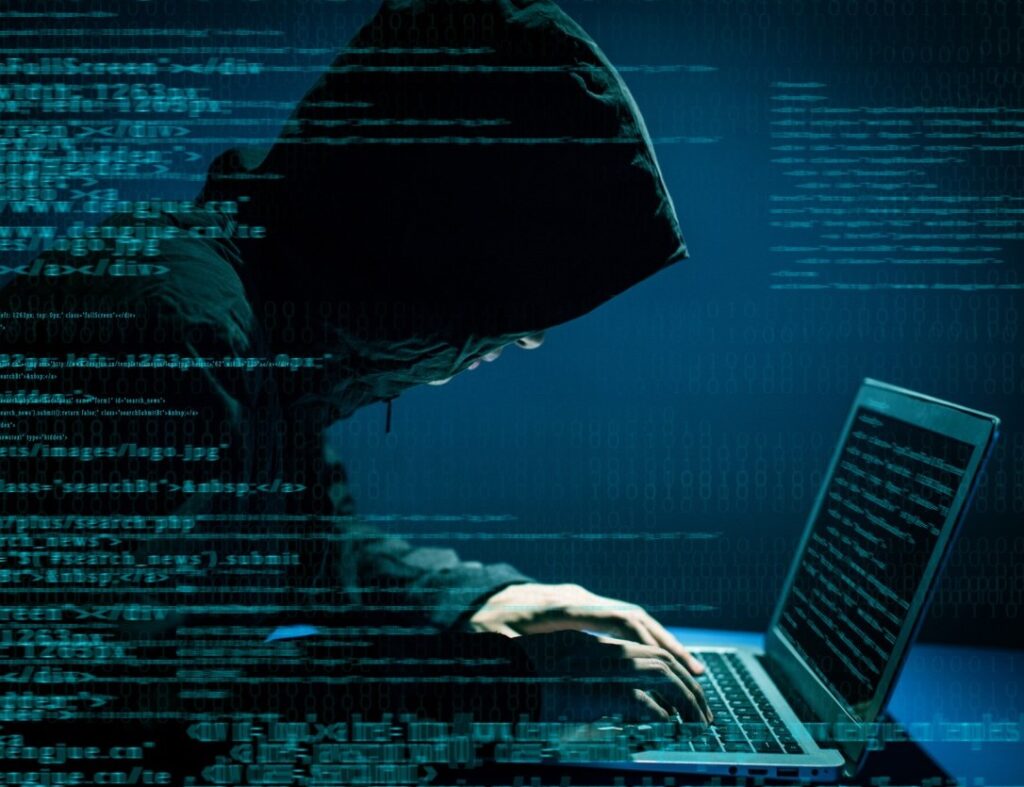
You have to be smart about what links you click on when scrolling through your emails or surfing the web. There’s lots of click baiting and phishing links that disguise themselves as safe and secure websites, so never click if you’re not 100% sure it’s trustworthy.
6. Be Careful Where and How You Send Private Information
Your email inbox is a hotbed for dodgy links, so never send any sensitive emails to addresses you’re unsure of. One simple email with a phishing link can give hackers access to all of your personal information and files, so be wary!
7. Don’t Forget About Social Media
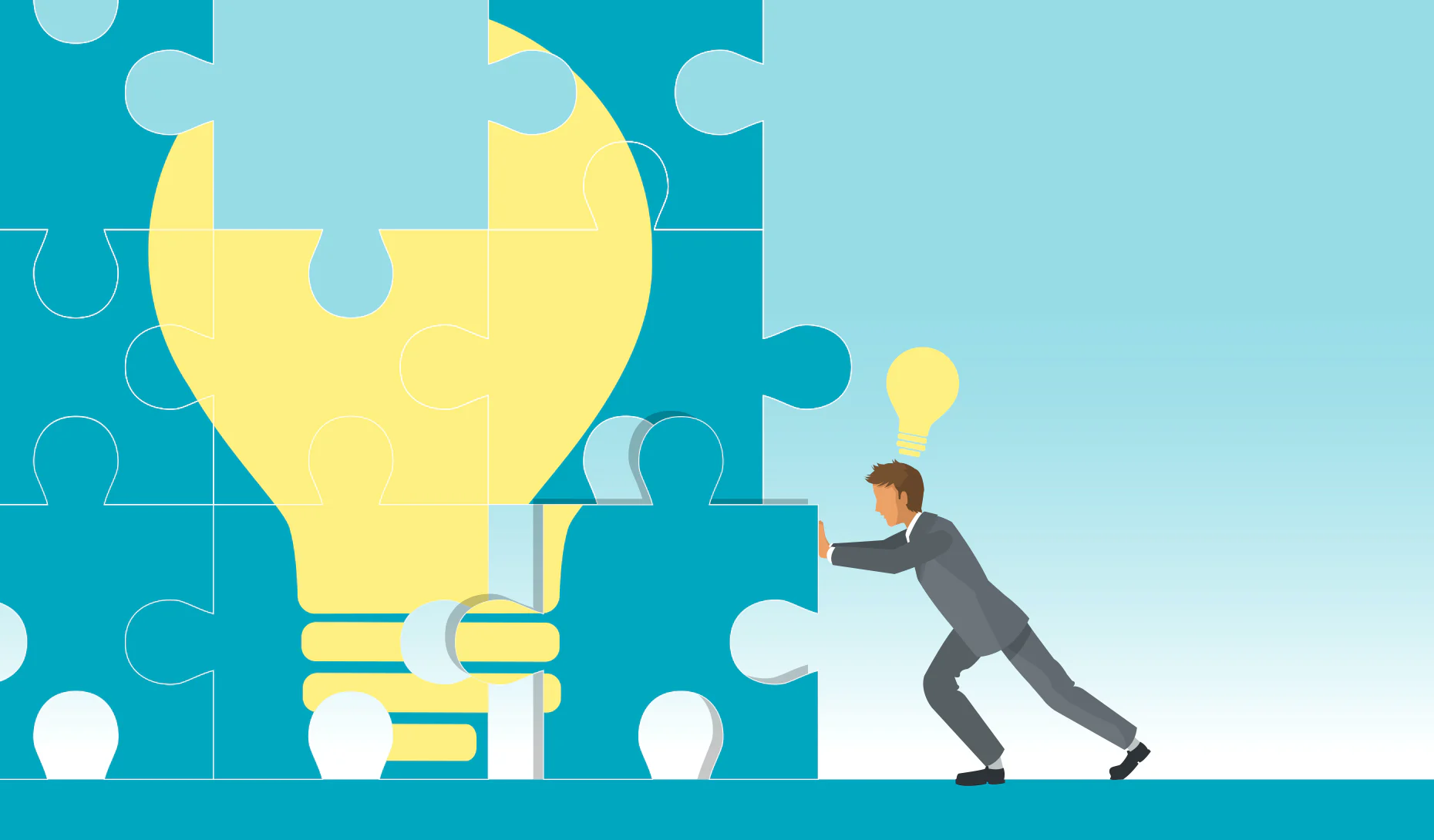
It’s easy for us to think social media is an ultra-safe space, but we need to be careful about what information we put out to the world. Remember that social media platforms are public spaces, so don’t overshare or talk about private matters that you wouldn’t want people to know.
You should also customize your privacy settings, preferably with the highest possible level of security in order to protect your identity from users you don’t want seeing your information.
8. Wipe Your Old Computer Hard Drives
Whether you pawn your old computer or sell it to someone you know, make sure you wipe your hard drive so it’s 100% unreadable. Once you’ve backed up your data and files and transferred them to your new computer, you should then wipe absolutely everything by shredding your disk or using a software program that wipes it completely clean.
9. Make Sure Your Deleted Files Are Truly Deleted

You’ll probably be deleting files daily when using your computer, whether it’s for work or personal use. But are you truly deleting them so they don’t exist whatsoever? Chances are you’re not.
That’s why you should always ensure your files are 100% deleted by overwriting the files so they’re permanently gone forever. There are tools you can use to delete your files and make them unrecoverable.
10. Switch Your Computer Off When You’re Not Using It
Switching off your computer might seem pretty obvious, but it’s also extremely important, especially if you often use public internet access. So whenever you finish using your computer, make sure it’s completely turned off and there’s no background activity still running on the internet browser. Leaving your unmanned computer connected to the internet is the perfect opportunity that scammers and hackers look for.
11. Don’t Postpone Your Software Updates
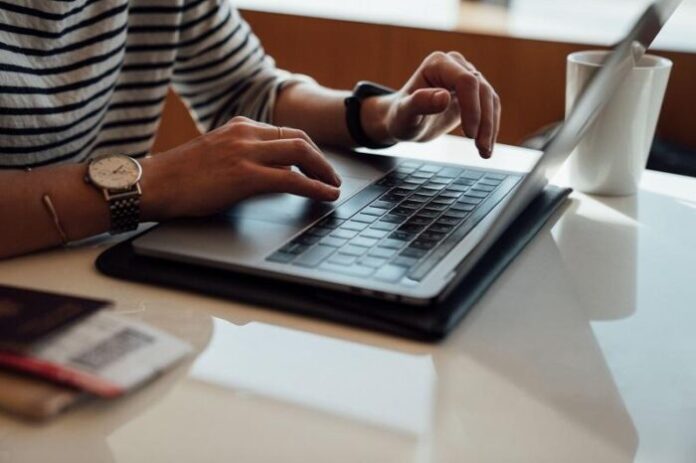
A lot of us are guilty of continuously postponing our computer software updates. But did you know that repeatedly clicking the ‘Try Again Tomorrow’ button could actually be putting your data at risk?
The latest software will include the newest security operating systems, so make sure you’ve ticked the automatic update option if you’re someone who regularly avoids the update button. A mere 10-minute update is certainly less of an inconvenience than having your files and data attacked!
12. Sign Up For Security Email Alerts
Always opt for extra security steps to maximize the security protection of your bank accounts. For example, you should enable security email alerts on all of your accounts.
You’ll receive a message or email whenever your bank notices unusual activity and you can also sign up for alerts on every transaction, which means you’ll recognize fraudulent transactions faster and easier.
13. Encrypt Your Data

Last but certainly not least, you must encrypt all of your data and files. Thankfully, you don’t need to be a tech wizard to understand data encryption either. It’s something all computer owners can do because there’s now various tools and plug-ins that make it easy for anyone to encrypt their files, even the most novice computer users.
In addition to your personal computer files, don’t forget about removable storage devices like USB files too. If it’s stolen and un-encrypted, it can then be plugged into another computer with all of your data and files being easily accessible.

